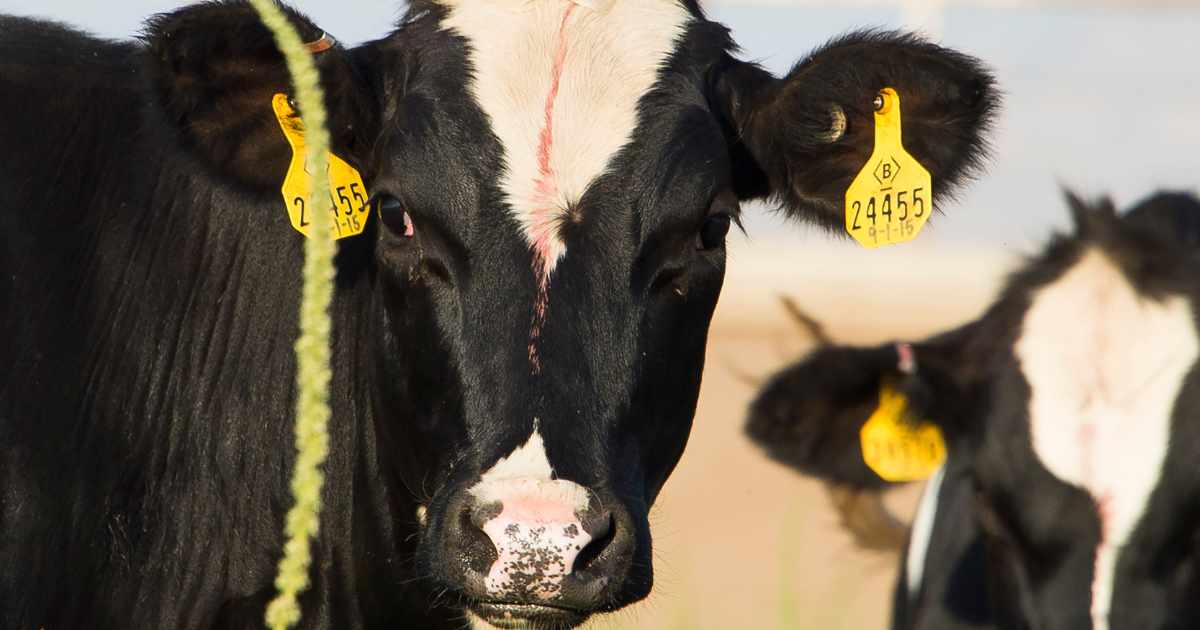Trump's effort to quell MAGA revolt over Epstein files seems to add fuel to the fire
usernamesAreTricky @ usernamesAreTricky @lemmy.ml Posts 706Comments 1,227Joined 2 yr. ago
Inside the Fight to Stop Riverview Mega-Dairies From Being Built | How activists in the U.S. and Canada are working together to oppose new factory farms.
If you needed reason to see that Trump's use of the national guard is without merit, the LAPD calls today's protests peaceful
Trump administration returns Guatemalan migrant hastily deported to Mexico back to the US
Defying Trump['s Illegal Firing], National Portrait Gallery Director Kim Sajet is still at work
Scientists accuse New Zealand and Ireland of trying to cover up livestock emissions
Southwest Wisconsin Dairy Operation Linked to Manure Spill Affecting Eight Miles of Trout Waters
Almost all livestock in the United States is factory-farmed
4,000 chicks died in the mail. They expose a darker truth about the meat industry | Why millions of chickens never make it to the slaughterhouse.
Recent Graduates Were Told They Were Coming to the U.S. for Cultural Exchange. They Ended Up Trapped in a Factory Farm.
SCOTUS Says Trump Violated Venezuelan Migrants’ Rights With Attempted Removals
An Animal Rights Activist Rescued Four Sick Chickens From a Slaughterhouse. Now She’s Facing Five Years in Prison.
Georgetown academic [Badar Khan Suri] released from immigration detention after judge's ruling














Trump has never been ratioed (more comments than likes) on Truth Social before - he just was here. There is something different going on here and an anger that's lasted longer than normal. Can't fully predict the future here, but this is not typical MAGA dissent. This seems like it will leave a wound
Even if most of the MAGA base goes back to forgetting about this, just 10-20% not doing the same would have a real impact